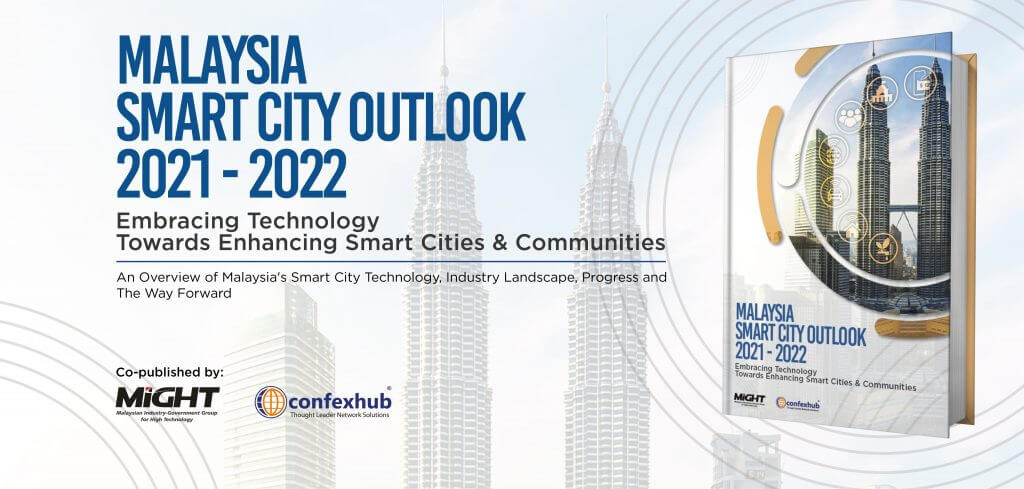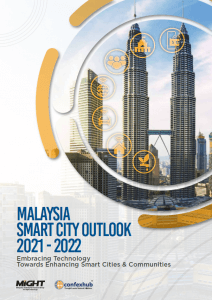More than 60% of the world population live in cities. Today, there is an overwhelming desire globally to create substantially better urban living and working conditions. Moves towards this overarching goal integrate efficiency, liveability, economic viability and sustainability in urban developments through the adoption of technology and with wider community participation.
As the push towards Smart Cities gains momentum worldwide, ongoing efforts are enabling cities to be safer, more secure, resilient, inclusive and sustainable. This has been made possible by infrastructural expansion, growing digitalisation and increasing technological and digital literacy. Globally, cities are being wired-up to meet urban challenges in order to create economic competitiveness. And, with corresponding moves to narrow the digital literacy gap, this will support livelihoods and create healthier lifestyles that will ensure a sustainable future. Ultimately, smart city is about building resilient societies and economies.
Thus, embracing the sustainable management of cities, or smart city, is not a choice but an imperative for the world. Malaysia, under the auspices of the Ministry of Housing and Local Government, KPKT launched the Smart City Framework in 2019, joining the global network of smart cities.
The Malaysia Smart City Outlook 2021-2022 (MSCO 2021-2022) under the selected theme “Embracing Technology Towards Enhancing Smart Cities and Communities” gives a comprehensive picture of the advancement in technologies that are key to the success of smart cities, highlighting initiatives that have been undertaken. It encapsulates Malaysia’s smart city achievements so far within the seven components – economy, government, community, digital infrastructure, mobility, environment and living. Information sourced from KPKT reports, survey of local authorities, interviews with selected stakeholders and data on best practices extracted from global smart cities reports and blueprints, form the basis of the analysis of MSCO 2021-2022.
Correspondingly, the book also identifies gaps by comparing local achievements against global practices. These gaps provide technology players and solution providers a comprehensive view of opportunities that will emerge in the smart city development. It is also hoped that they will generate further discussions for R&D, guide the way forward for cities in Malaysia to realise the targets of the Framework.
Lastly, and equally important, the book hopes to bring forth meaningful discussions on the relationship between technology and society. It wishes to encourage new thoughts on technology as tools for empowerment and active citizenship and enrich the discourse on openness and inclusiveness in the era of digitalisation.
Document
Please submit your information in the form below to download the MSCO21 document.
Videos
MSCO Release Video
Road to Recovery Season 2, Episode 5: Malaysia Smart Cities Outlook Webinar



